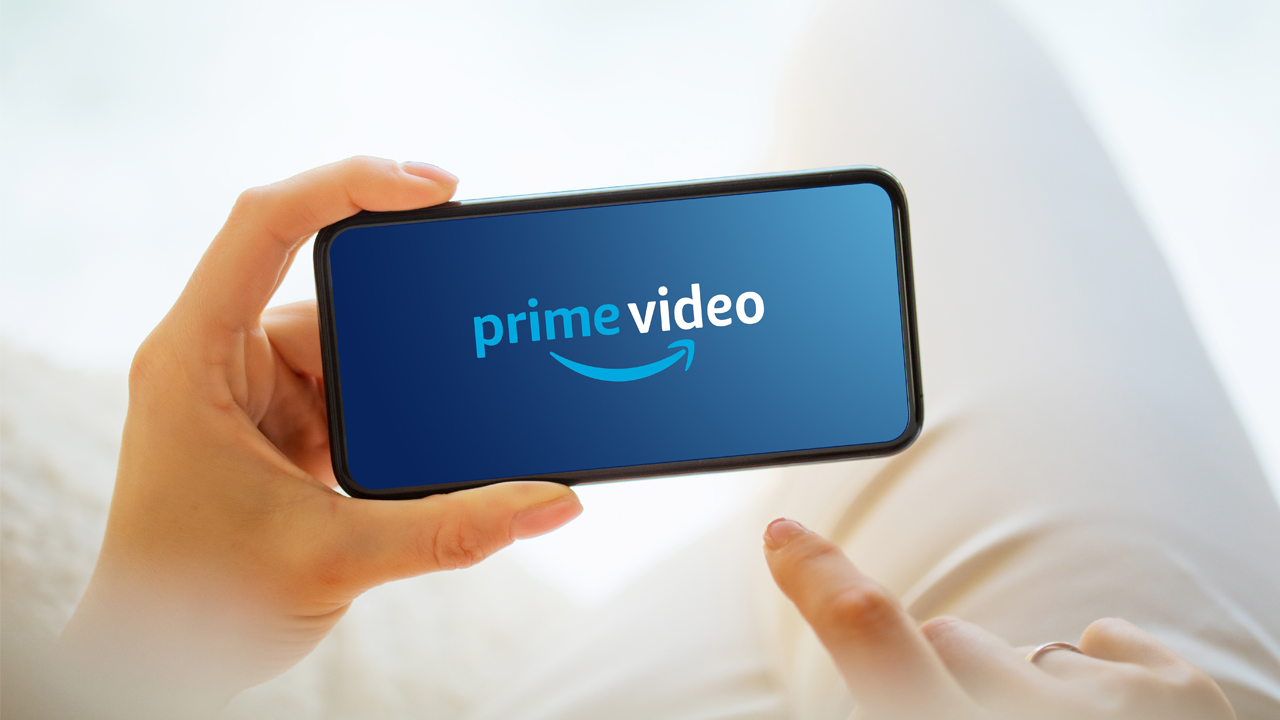
Prime Video made a lot of news when it announced that it was bringing ads to the streaming service. What had once been a nice benefit of having an Amazon Prime membership now had some strings attached.
The shift to ad-supported streaming started rolling out on January 29 in the U.S. and while most people are either paying the extra $2.99 a month to skip ads or just suffering through ads in silence, not everyone is going down without a fight.
The Indianapolis Star reports that a class-action lawsuit has been filed in the state of Washington by Wilbert Napoleon of Eastvale, California against Amazon (which is based in Washington). The lawsuit is seeking damages of $5+ million for the addition of ads to the streaming service, and the legal reasoning behind the suit is intriguing. Mr. Napoleon is contending that Amazon has pulled out the rug from under customers who "purchased the yearly, ad-free subscription, and who are now mid-way through their subscription."
The logic here is that if you signed up for an Amazon Prime membership for an entire year — which many do since it saves you over $40 — then essentially Amazon changed the terms of your agreement with the company part way through the term, violating the terms of membership.
You can read the full details of the lawsuit here, but basically, it comes down to false advertisement. Amazon offered "ad-free streaming of movies and TV shows," people signed up for that reason (among others), and then Amazon did not deliver an ad-free experience. While I'm sure there's language buried in the terms and conditions of service that say Amazon can do this, the argument does seem, from my perspective, a pretty compelling one.
Prime Video lawsuit — what it means for you
At the moment, there's nothing you need to do related to this lawsuit. The class action lawsuit is filed on behalf of all Prime Video customers affected throughout the U.S.
However, it is possible that you can have a Prime Video membership or Amazon Prime membership and not fall into the class. The legal argument here seems based on those who have year-long Amazon Prime memberships. So if you pay for your Amazon Prime membership monthly — or only have Prime Video, which is only offered as a standalone service in a monthly subscription — you might not be eligible for compensation.
Time will tell if this argument is successful in court, and if it does we'll be sure to report on it then. For now, this is a waiting game. But if you want to cancel Prime Video or cancel Amazon Prime, we've got you covered.







